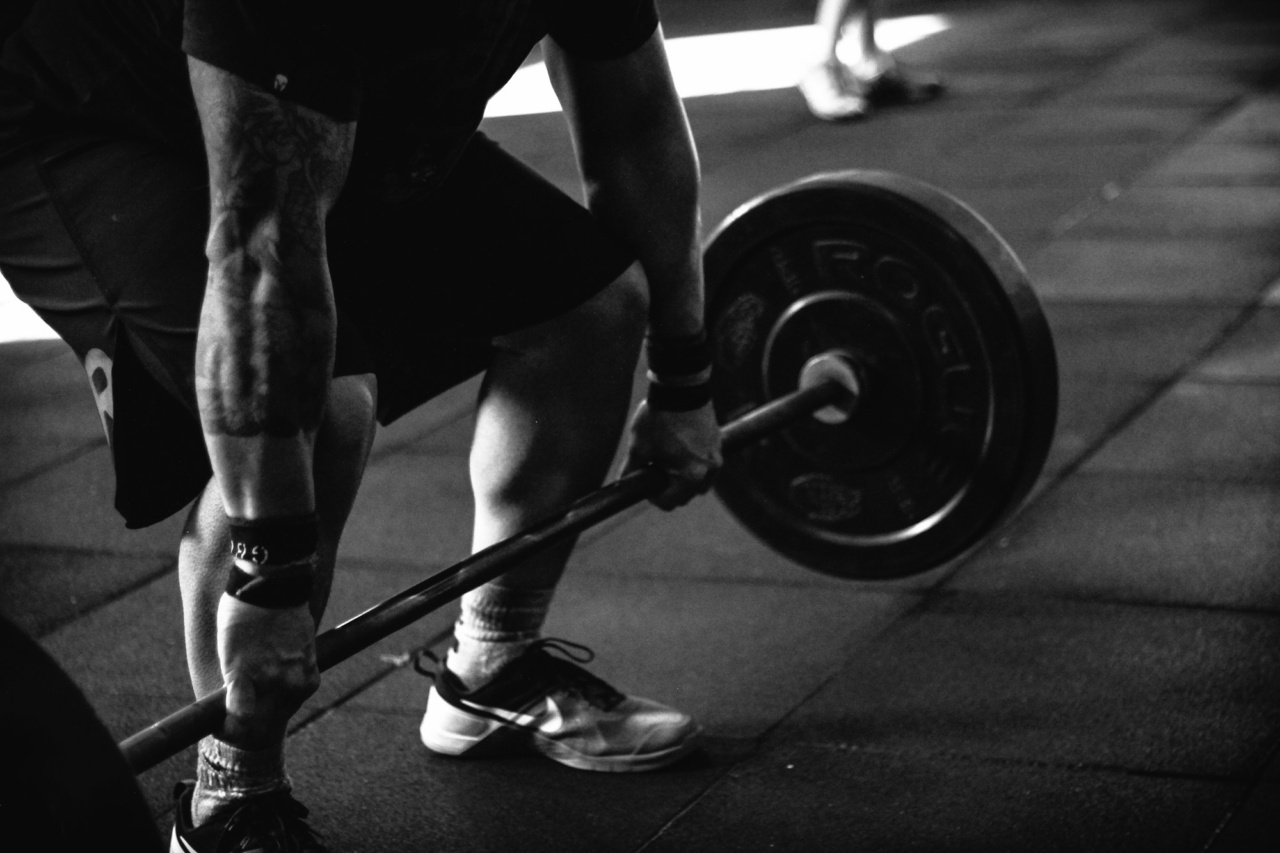When it comes to building and maintaining muscle strength, protein plays a crucial role. Protein is the building block of muscle tissues and is responsible for repair, growth, and maintenance of muscle fibers.
Therefore, ensuring you have an adequate protein intake is key to maximizing your muscle strength.
The Importance of Protein Intake for Muscle Growth
To understand the significance of protein intake for muscle growth, one must comprehend the process behind muscle hypertrophy.
Muscle hypertrophy is the increase in the size of existing muscle fibers, resulting in enhanced muscle strength and overall muscle development.
When you engage in resistance exercise, such as weightlifting or strength training, you cause microscopic damage to muscle fibers. Your body responds to this damage by initiating a repair process, which involves the synthesis of new muscle proteins.
This repair and synthesis process leads to muscle growth and increased strength.
Protein intake is essential to support this repair and synthesis process. Consuming an adequate amount of protein provides the necessary amino acids, which are the building blocks of proteins.
These amino acids are then used by your body to repair and rebuild damaged muscle fibers, ultimately leading to muscle growth.
Determining the Right Protein Intake
While protein intake is crucial for muscle growth, the amount of protein required varies among individuals based on factors such as weight, activity level, and overall goals.
The recommended daily protein intake for sedentary individuals is around 0.8 grams per kilogram of body weight.
However, for individuals looking to maximize muscle strength and support muscle growth, higher protein intake is recommended.
Research suggests that consuming 1.2 to 2.2 grams of protein per kilogram of body weight per day is beneficial for individuals engaged in resistance training.
It is important to note that excessive protein intake does not necessarily provide additional benefits and can even have adverse effects on the body.
Therefore, it is advised to consult with a healthcare professional or a registered dietitian to determine the optimal protein intake for your specific needs and goals.
Incorporating Protein into Your Diet
Meeting your protein requirements can be easily achieved by incorporating protein-rich foods into your diet. Consider the following sources of protein to support muscle strength and growth:.
1. Lean Meats and Poultry:
Lean meats and poultry, such as chicken breast, turkey, and lean cuts of beef, are excellent sources of high-quality protein. They are also rich in essential amino acids necessary for muscle repair and growth.
2. Fish and Seafood:
Fish and seafood, especially fatty fish like salmon and tuna, are not only a great source of protein but also provide essential omega-3 fatty acids.
These fatty acids have anti-inflammatory properties that aid in muscle recovery and reduce muscle soreness.
3. Eggs:
Eggs are a cost-effective and versatile source of protein. They contain all nine essential amino acids needed for muscle growth and also provide a good amount of vitamins and minerals.
4. Dairy Products:
Dairy products like milk, cheese, and yogurt are rich in protein and calcium. Additionally, they contain an amino acid called leucine, which is known to stimulate muscle protein synthesis.
5. Plant-Based Protein:
If you follow a vegetarian or vegan diet, there are several plant-based protein sources available. These include legumes, soy products like tofu and tempeh, quinoa, and certain nuts and seeds.
Combining different plant-based protein sources can help ensure you obtain all the essential amino acids.
6. Protein Supplements:
In some cases, meeting protein requirements solely through whole foods may be challenging. Protein supplements such as whey protein, casein protein, or plant-based protein powders can be convenient options to supplement your protein intake.
However, it is recommended to prioritize whole foods whenever possible.
Timing and Distribution of Protein Intake
In addition to meeting your daily protein requirements, the timing and distribution of protein intake throughout the day also play a role in maximizing muscle strength.
Research suggests that spreading protein intake evenly across meals may be more effective than consuming most of your protein in one large meal.
Furthermore, consuming protein shortly after resistance exercise has been shown to enhance muscle protein synthesis and aid in muscle recovery.
Aim to have a protein-rich meal or snack within the first two hours post-exercise to capitalize on these benefits.
Conclusion
Maximizing muscle strength requires not only consistent resistance training but also an adequate protein intake. Protein is essential for muscle repair, growth, and maintenance.
By incorporating protein-rich foods into your diet and ensuring the right amount of protein intake, you can support muscle growth, enhance muscle strength, and optimize your overall fitness journey.






























